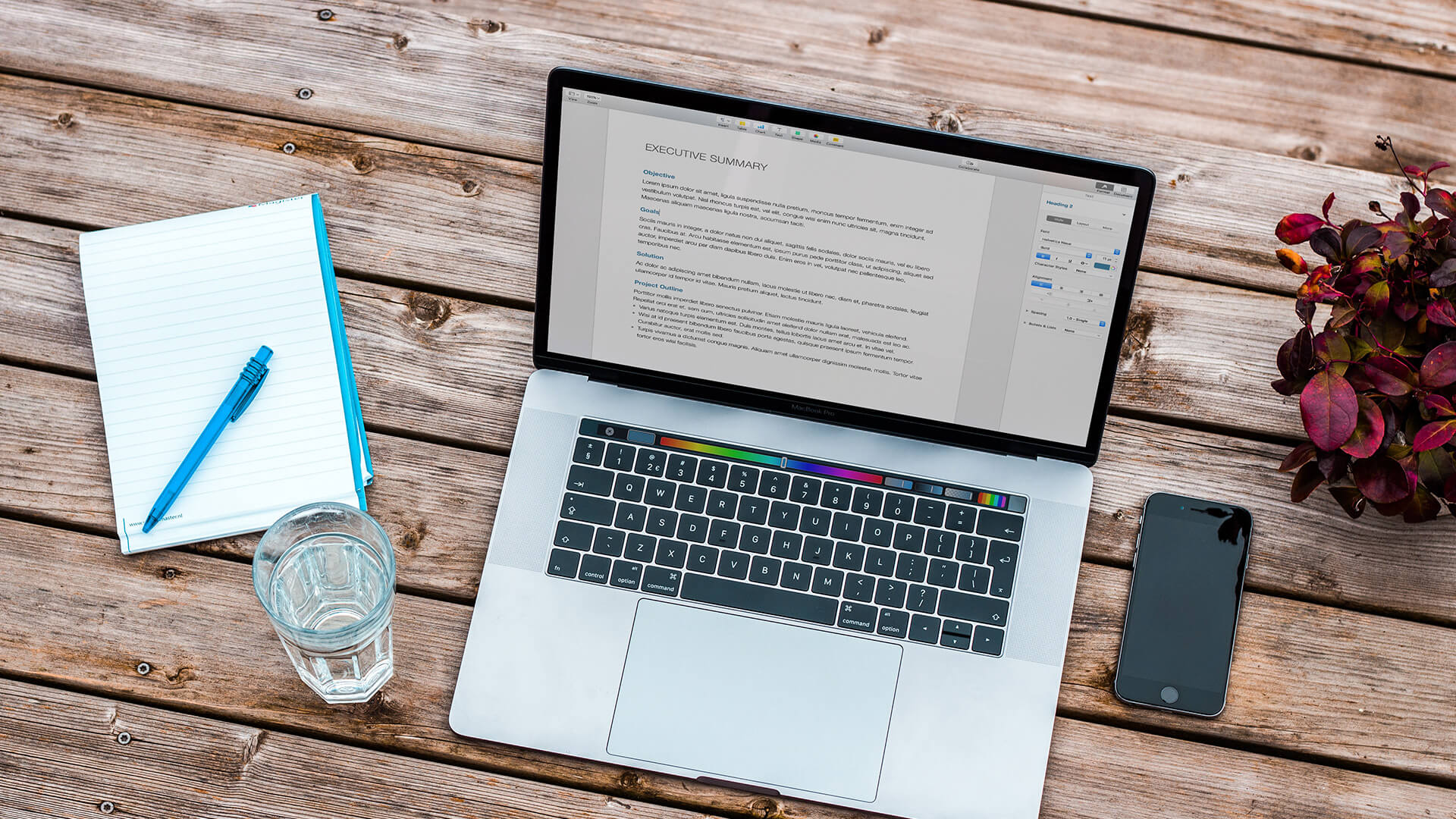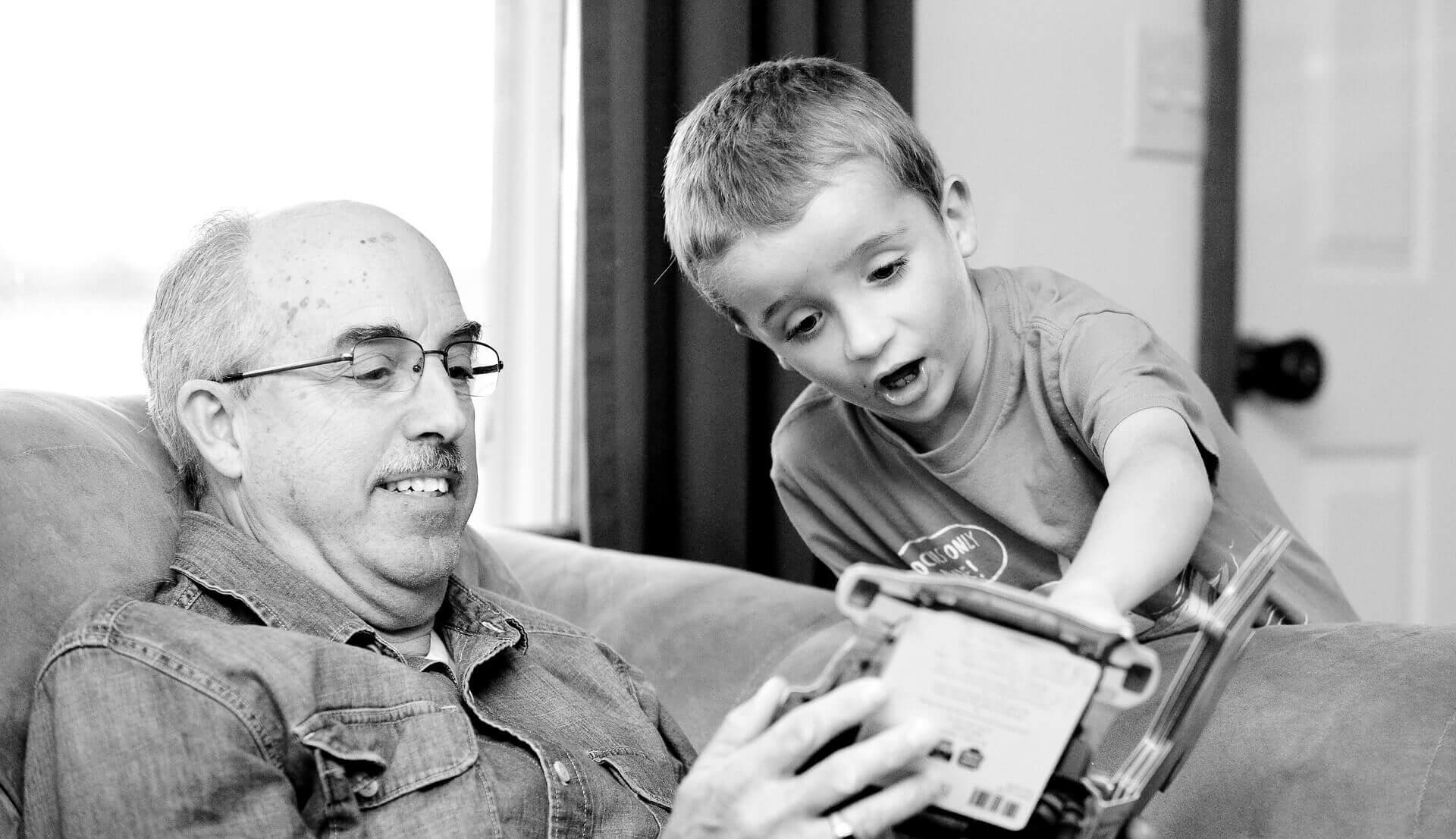You may wish to pass on your online accounts for someone else to manage or you might prefer to have them deleted after you die. Either way, planning ahead could make things easier for your loved ones at a difficult time.
Different platforms have different options for what happens when someone dies. Some offer the option to turn a live page into a memorial page for example. We’ve gathered together a few things to think about for some of the most popular platforms.
If you have a Google account, you probably use it for quite a few different things, whether that’s accessing Gmail, bookmarking pages, or storing files. Google’s ‘Inactive Account Manager’ lets you choose what happens to your account when it’s been inactive for a certain period of time. You can add trusted people and decide what kind of information should be shared with them when your account becomes inactive. Go to ‘Manage your Google account’ and click on ‘Data and Personalisation’.
Facebook offers the opportunity for your page to be ‘memorialised’. This creates an online space for people to remember you. You can nominate someone to manage this page for you – they will have limited access to your account and won’t be able to read your private messages. Alternatively, you can opt to have your account deleted after you die. Go to www.facebook.com/help to find out more.
Other sites
Some sites don’t make it as easy to put a plan in place. Your loved ones may be able to close your account, but they might need to provide a death certificate and other documents. Alternatively, they could access your account if they have your login details.
Online tools
Apps like Once I’ve Gone, MemorializeMe and SafeBeyond can help you to plan ahead. You can store details securely with them – anything from bank account details to your Pinterest log-in. These will then be passed on to a nominated executor to allow them to access your social media accounts and cancel any regular payments. What’s more, you can also use these apps to record your wishes for end of life care and funeral arrangements, as well as to write a bucket list and record messages for those you care about.
You may also want to think about…
- Keeping a record of your mobile phone password
- Printing out your favourite photos
- Keeping login details in a locked drawer or including them in your will
- Deciding how you want people to remember you online
- Checking out the free resources offered by the Digital Legacy Association
- Asking a solicitor whether they offer digital legacy management services
- Making a ‘When I’m gone box’ to store useful information in
We try to keep this information as up to date as possible, but the internet moves quickly, so do double check the relevant sites for recent updates. You may also find the NHS’ Planning for Your Future Care guide of interest.





